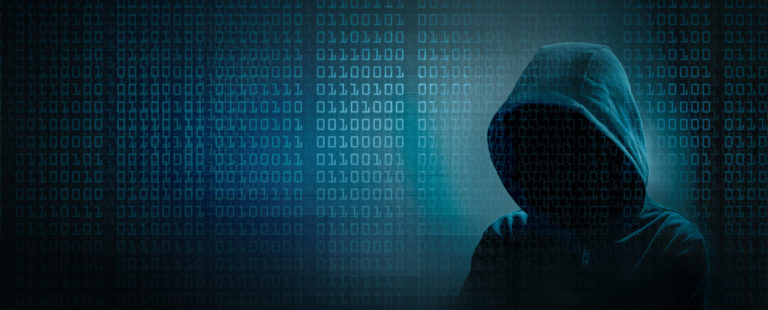5 Myths about Cybersecurity Uncovered

With so many events happening in the cyber world, it can be difficult to separate fact from fiction. Below, we clear the air on some of the top cybersecurity myths so you can be more informed about cybersecurity and how it can affect your business.
Myth #1: All Your Digital Information Is Safe
If you’ve been reading the headlines as of late, then you know that even the mighty can fall. We’re talking about the Equifax breach that leaked Social Security and driver’s license numbers of over 140 million people.
If one of the top three consumer credit reporting agencies in the world can fall victim to a data breach, then is anyone safe? The short answer? No.
However, there are many steps you can take to protect yourself, such as using the internet only on encrypted networks or making strong passwords for your online accounts.
Myth #2: It’s up to a Company to Protect Your Information
While a company may be liable if your information is stolen, it likely won’t be impervious to cybersecurity fails. In fact, about 80% of all American companies have been hacked successfully—and those are just the ones that report breaches.
It’s up to you to protect yourself with smart and secure passwords. Using a password generator or your wedding date might be tempting, but don’t use these methods to create your passwords. You need to follow password generation best practices and change your passwords twice per year to stay secure. Any more frequent than that, and you might not put in enough effort to creating a unique login. The result is actually a weaker password.
Additionally, never store your passwords digitally. Go with the traditional pen-and-paper tactic, and keep them somewhere safe. Be sure to use a different password for each account so if one is exposed, the rest of your online life isn’t compromised.
Myth #3: All Hackers Are Bad
On the contrary, many hackers are on the front lines of the cybersecurity war, helping companies fortify their own and their customers’ information. Think of good hackers, or white hat hackers, as Glinda the Good Witch of the South, compared to bad hackers as the Wicked Witch of the West—fundamentally, they do the same thing, but it’s the ethics and intent that define the hacker.
You can actually learn a lot from hackers if you hire some to build your cyber defense. For example, they can give you insights into how you can protect yourself or which practices are currently putting your business at risk for a breach.
If you’re interested in enhancing your IT and cybersecurity knowledge, learn from the pros with the Gain Your Edge podcast. It covers all sorts of cutting-edge topics twice per month to help keep you safe and secure.
Myth #4: You’d Know If You’d Been Hacked
You can be hacked through a larger data breach from companies like Target and Equifax without being aware that an issue occurred. Additionally, your computer and personal accounts could be compromised without your knowledge.
While some malware infects your computer or a company’s devices in an obvious way, others go undetected, syphoning your information and putting you at risk for identity theft. A great way to ensure you know right away if you’ve become the victim of a cyber attack is by running your credit report every few months, checking your bank statements every month, and following up on strange bills you receive from utility companies or medical providers.
The FTC has a complete list of what to watch out for if you suspect you’ve become a victim of identity theft so you can protect yourself. You can also consider getting insurance for identity theft and cyber attacks to pay for lawyers, bills, and replenish stolen funds if you ever face this issue.
Myth #5: It Won’t Happen to You, and If It Does, It’s No Big Deal
It’s funny how so many people think they could win the lottery (the chances are one in 292 million, or 0.000000003%) but have no chance of falling victim to cyber attacks (47% of Americans had their identities stolen in 2014 alone, much of which were due to hacks).
Every year, there are over 1.5 million cyber attacks worldwide, averaging about three cyber attacks per minute. What does this cost us besides grief and time? About $400 billion collectively each year in direct financial loss as well as indirect costs such as loss of sensitive data and the cost of recovering from a hack.
Prepare yourself now with these tips so that if you do become the victim of a cyber attack, you know how to approach the situation.
While you shouldn’t feel like you need to erase your online presence and go back to pen and paper to stay safe, you should use the information and tips mentioned above to protect yourself.